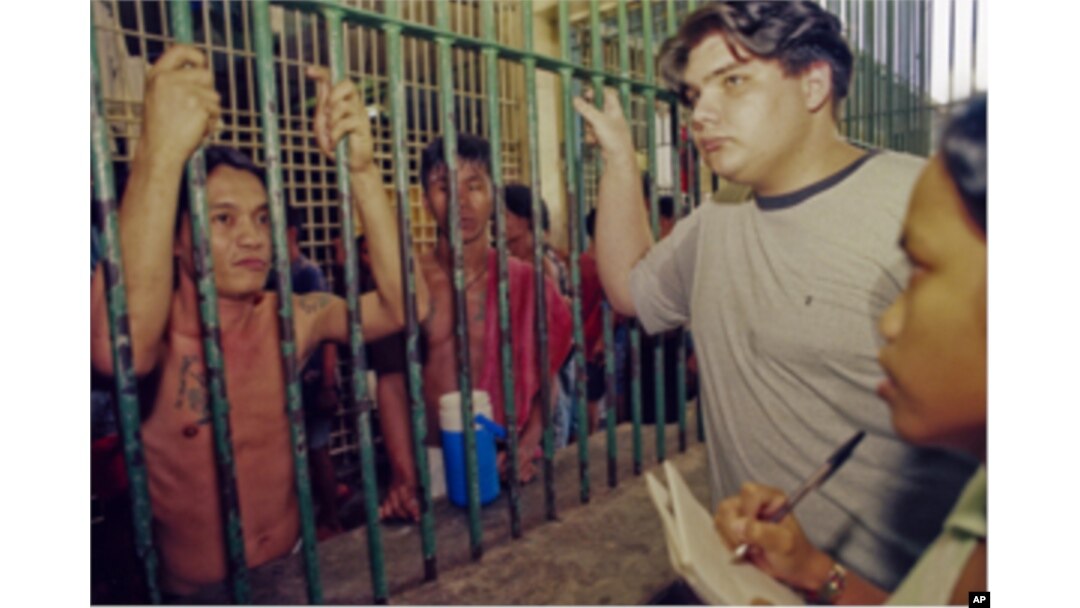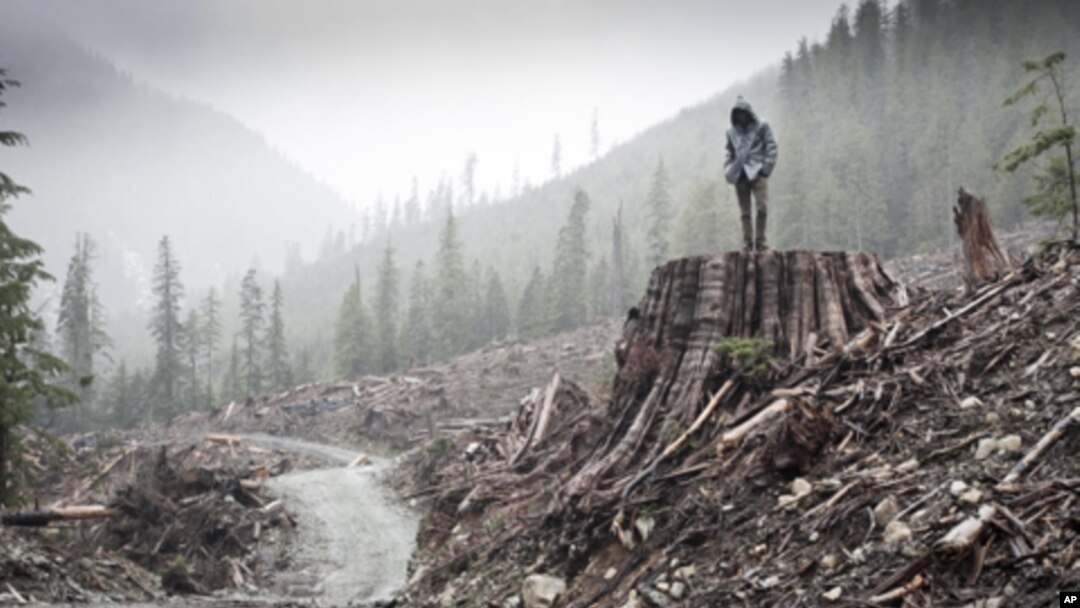Social justice is a key theme at the 9th annual Silverdocs Documentary Festival, a collaborative effort of the American Film Institute and the Discovery Channel. Regarded as one of the most important film festivals in the country, the event takes place just outside Washington D.C.
More than 100 films are selected to be screened, out of more than 2,000 submissions from around the world. This year, Silverdocs presented 108 documentaries from more than 50 countries. A series of films explores social justice.
Festival director Sky Sitney says she decided upon the theme because so many films dealt with this issue.
Silverdocs Film Festival 2011 presents over 100 documentaries by independent filmmakers from all around the world.
“It is curious why documentary filmmakers are now entering into the social justice system using documentary as a way to perhaps intervene, or to add testimony or to become a witness, or an advocate for a particular social injustice that the filmmaker sees happening and to think about how the documentarian’s role is integrated now into this other process,” she said.
Paco’s story
In “Give Up Tomorrow,” filmmakers Michael Collins and Marty Syjuco follow the trial of Paco Larranaga, a teenager accused of raping and murdering two sisters who vanished in 1997 on the island of Cebu in the Philippines.
Despite overwhelming evidence in Paco’s favor and significant international appeal for his release, Larranaga was given the death penalty and remains in jail 14 years later.
The film shines a light on corruption in the Philippine judicial system and the biased media that covered his story.

Paco Larrañaga, here at the BBRC jail in Cebu City, is accused of killing two sisters in the Philippines in 1997.
Syjuco made the film because the injustice was personal.
“My brother is married to Paco’s sister, Mimi, and when Paco was implicated we knew that there was obviously a mistake because when you see the film you realize that he was hundreds of miles away on a separate island and there was no way he could have committed this crime,” he says. “So we thought that the courts were going to correct this wrong and yet when the Supreme Court elevated his sentence to death, we were all stunned.”
Methods of Interrogation
In "Scenes of a Crime," filmmakers Grover Babcock and Blue Hadaegh explore the interrogation of Adrian Thomas, an American suspected of killing his infant son. Thomas is seen being grilled for hours before he confesses to the crime, despite overwhelming medical evidence that he's innocent.
Babcock says he and his film partner, Hadaegh, didn’t know much about interrogation when they started the project, “but what we quickly learned is that interrogation, the method that was used with Adrian Thomas, is not actually an investigative tool, it’s not actually meant to elicit information as much as it’s used to illicit a confession.”
In 'Scenes of a Crime,' Adrian Thomas waits alone in the interrogation room of the Troy, New York police station on Sept. 21, 2008 after being accused of killing his child.
Hadaegh says detectives in some areas of the U.S. use harsh techniques to obtain confessions even if they believe the suspect is not guilty.
“To get to the truth they use psychological manipulation. They use lies after lies, and it works on many, many, many, bad, awful, guilty people, but what we really have learned is that method also works on people who haven’t done anything," she says.
Freedom fighter or domestic terrorist?
In another film presented in the Silverdocs' line-up this year, Academy Award-nominated filmmaker Marshall Curry follows the rise and fall of the Earth Liberation Front, a radical environmental group which destroys corporate property as a means of spreading its message.
In his film, "If A Tree Falls," he raises the question whether environmental radicals trying to save the earth are freedom fighters or domestic terrorists.
Festival director Sky Sitney says she’s curious to know what happens to audiences after they leave the theater after watching such thought-provoking films.
“What are we left with afterwards? What do we do with that information? What do we do with that rage or new sense of the world?" she asks. "And how might these films be used to maybe impassion us to become more active citizens or to take on certain issues that compel us?"
Whether they inspire, inform or simply entertain, this year’s batch of documentaries at the Silverdocs Film Festival has something for everyone.
Watch related Penelope Poulou video on films featuring peace-building theme


